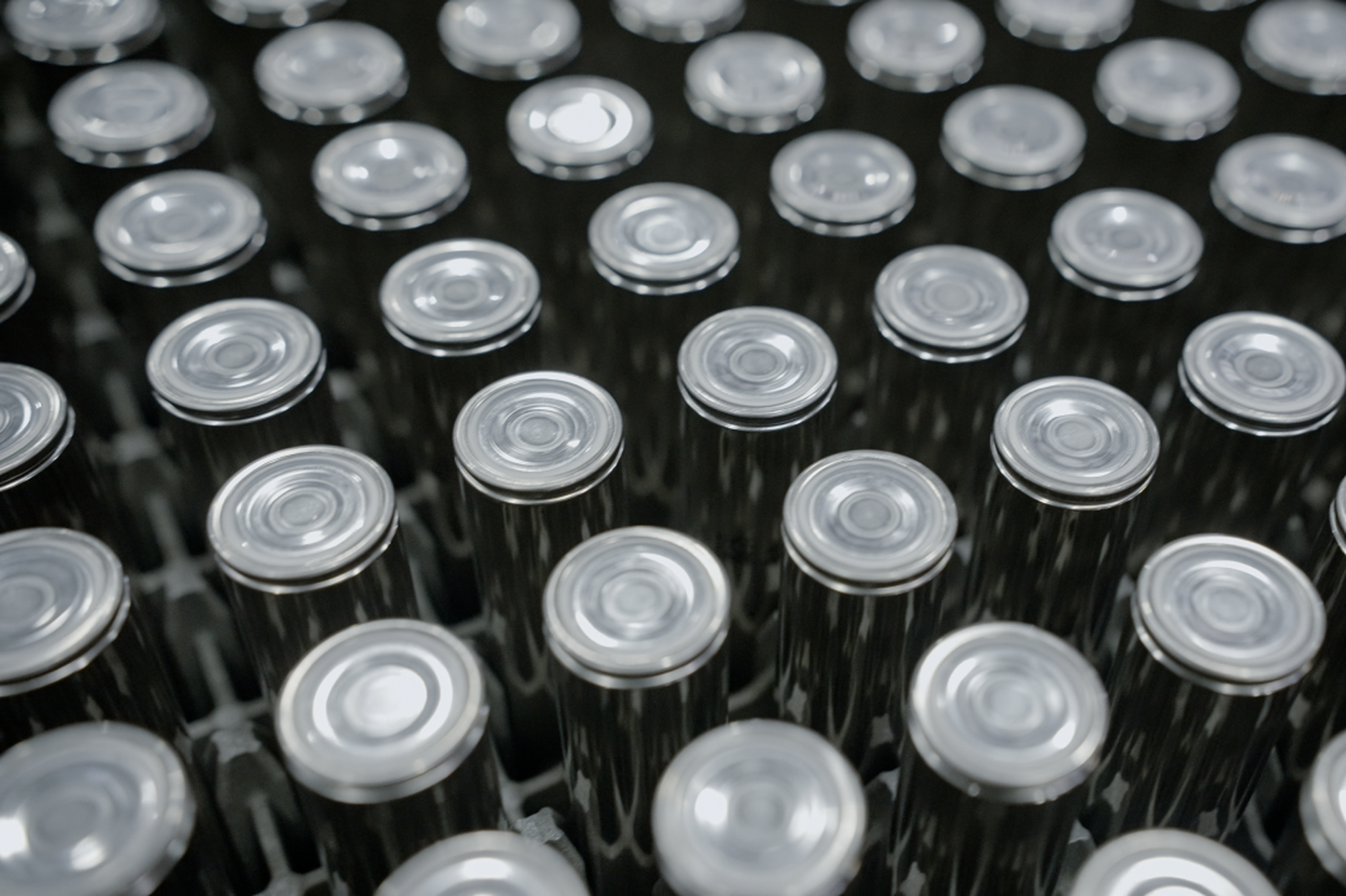
Nov 15, 2022
Panasonic to source high-nickel cathode from Redwood
Read post

Over the next decade, there will be extraordinary investment to scale domestic battery cell production in the United States. This investment is critical to keeping the U.S. at the forefront of manufacturing and job creation, meeting our clean energy and sustainability goals and ensuring we strengthen our supply chains and lessen our reliance on foreign battery components.
The two most essential and valuable components in a battery are the anode and cathode. The cathode contains all the critical metals in a battery – lithium, nickel, and cobalt – and requires a complex manufacturing process and functional specification integral to the performance and safety of an electric vehicle battery. The anode contains copper and graphite and is primarily responsible for a battery’s charging performance. Together, these components amount to nearly 80% of the materials cost of a lithium-ion battery. But today, these components are manufactured entirely overseas, predominantly in Asia. Without domestic production, U.S. battery cell manufacturers are estimated to offshore more than $150 billion in economic value for anode and cathode components by 2030.
Redwood is committed to solving this by manufacturing anode and cathode components in the U.S. and producing them from an increasing amount of recycled content. Last month, we began producing anode copper foil at our Northern Nevada facility, marking exactly one year from the initial site groundbreaking to start of production. Phase One of copper foil is now complete and later this year, we expect to begin cathode qualification. By producing critical battery materials domestically at scale, we will drive down battery costs, create thousands of U.S. jobs, and help retain billions of dollars in the U.S. economy that would otherwise be spent overseas. Among other partners, Panasonic will be the first to source our copper foil for cell production in the Nevada Gigafactory and our cathode material for battery cell production in its new Kansas plant, targeted to come online in 2025.
As a result of our work, Redwood Materials has received conditional commitment for a $2 billion loan from the Department of Energy’s (DOE) Loan Programs Office as part of the Advanced Technology Vehicles Manufacturing Loan Program (ATVM). Redwood will draw upon this milestone-based financing in tranches that support our phased construction and allow us to unlock funding as we accelerate the construction and expansion of our first battery materials campus. As part of this project, we expect to create 3,400 good-paying construction jobs and employ approximately 1,600 full-time employees. Ultimately, we will produce 100 GWh annually of ultra-thin battery-grade copper foil and cathode-active materials from both new and recycled feedstocks at gigafactory scale in the United States for the first time. This will provide enough battery materials to produce more than a million electric vehicles a year domestically.
We have been working closely with the Loan Programs Office for more than a year and have undergone an extensive diligence process that thoroughly reviewed our technology, our ability to repay the loan, product demand, and dozens of other factors to get to this stage. Our project allows battery and automotive manufacturers to meet the new stringent critical mineral and battery component requirements for consumers to qualify for electric vehicle tax credits as established by the Inflation Reduction Act recently passed by Congress and signed into law by President Biden. These policies support the localization of the battery supply chain – Redwood's core mission - and our operations ensure that the American battery industry has the necessary materials needed to successfully transition the U.S. to a clean energy and clean transportation future in the most sustainable, secure, and cost-effective manner.
DOE's support for this project represents a critical milestone in the United States’ commitment to establishing a domestic battery supply chain rooted in manufacturing and American innovation. By localizing this critical supply chain and producing anode and cathode components at a gigafactory-scale in the US for the first time, Redwood is addressing perhaps the most important supply chain need in electrification and ensuring that the United States can deliver on its clean energy and sustainable transportation plans.
We appreciate the Department’s confidence in our team and mission, and we will continue to work tirelessly towards a sustainable energy future.
